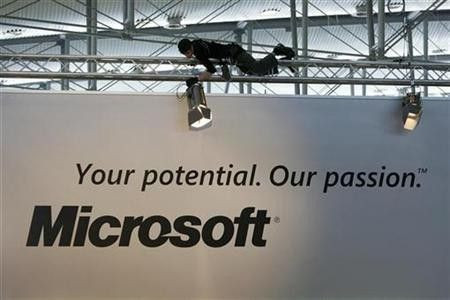Microsoft Working On Two New Windows 10 Updates Codenamed ‘Redstone’

Though Windows 10 (codenamed ‘Threshold’) is yet to be released, Microsoft is working on two new updates to the Windows 10, codenamed ‘Redstone’. Redstone will hit various devices in two waves with the first wave scheduled to arrive in June 2016 and the second wave slated for October 2016, per reports. Redstone comes from the Minecraft game which Microsoft had acquired in November 2014 for $2.5 billion.
The new updates will be available for trial with Windows Insiders, before it is released to the public. Neowin first broke the news saying that Redstone’s features are not yet known as they relate to Windows 10 upcoming release. The features that gets eliminated from the RTM will be pushed to the Redstone release, the publication said.
A report on ZDNet says there will be minor update to Windows 10 during this fall and besides that Microsoft will offer other updates and regular fixes before and after Windows 10 release. As suggested in the report, Redstone will not be Windows 11 or Windows 12. It is likely to be Windows 10. Windows 10 users will get Redstone as part of their regular or monthly update.
The Redstone update will be a large update that would not only include new functionality but will also support new devices that are not already a part of Windows 10. It will target a wide range of devices that include Surface Hub, Band, HoloLens, Xbox, Office and smartphones.
The ZDNet report revealed that Microsoft will carry on its process to provide early test builds of both monthly as well as larger updates to Windows 10 into next year or beyond.
Microsoft seems to be expediting its major releases. After the release of Windows XP in 2001, Microsoft took more than five years to launch the Windows Vista which was not welcomed wholeheartedly. After two and a half years, Windows 7 was launched and Windows 8 was released three years after Windows 7 launch. Windows 8.1 was released a year later, observes Liliputing.
Windows 10 will be launched this summer indicating that the company is taking its flagship operating system seriously and will not afford to delay the release of any upcoming versions.




















